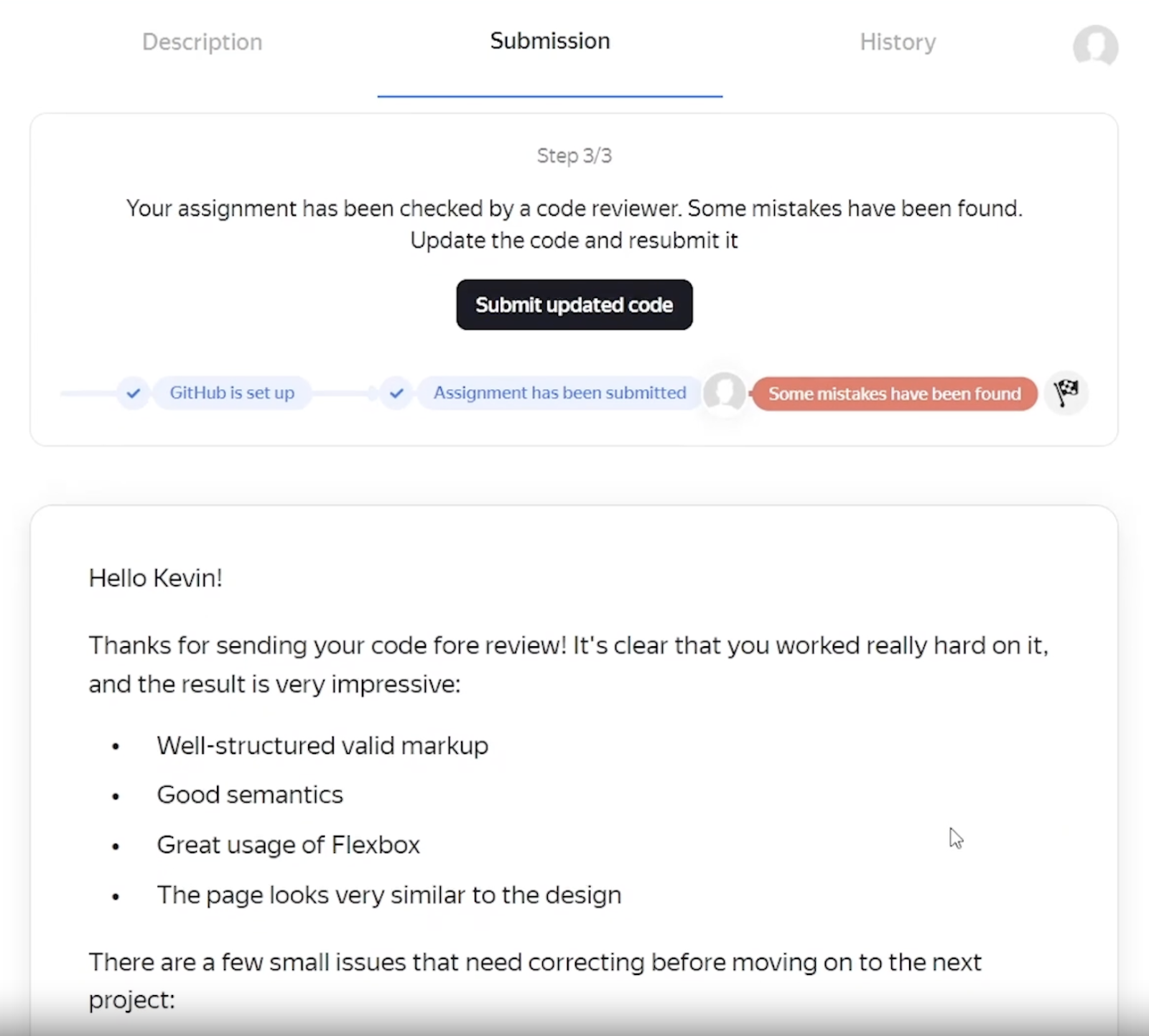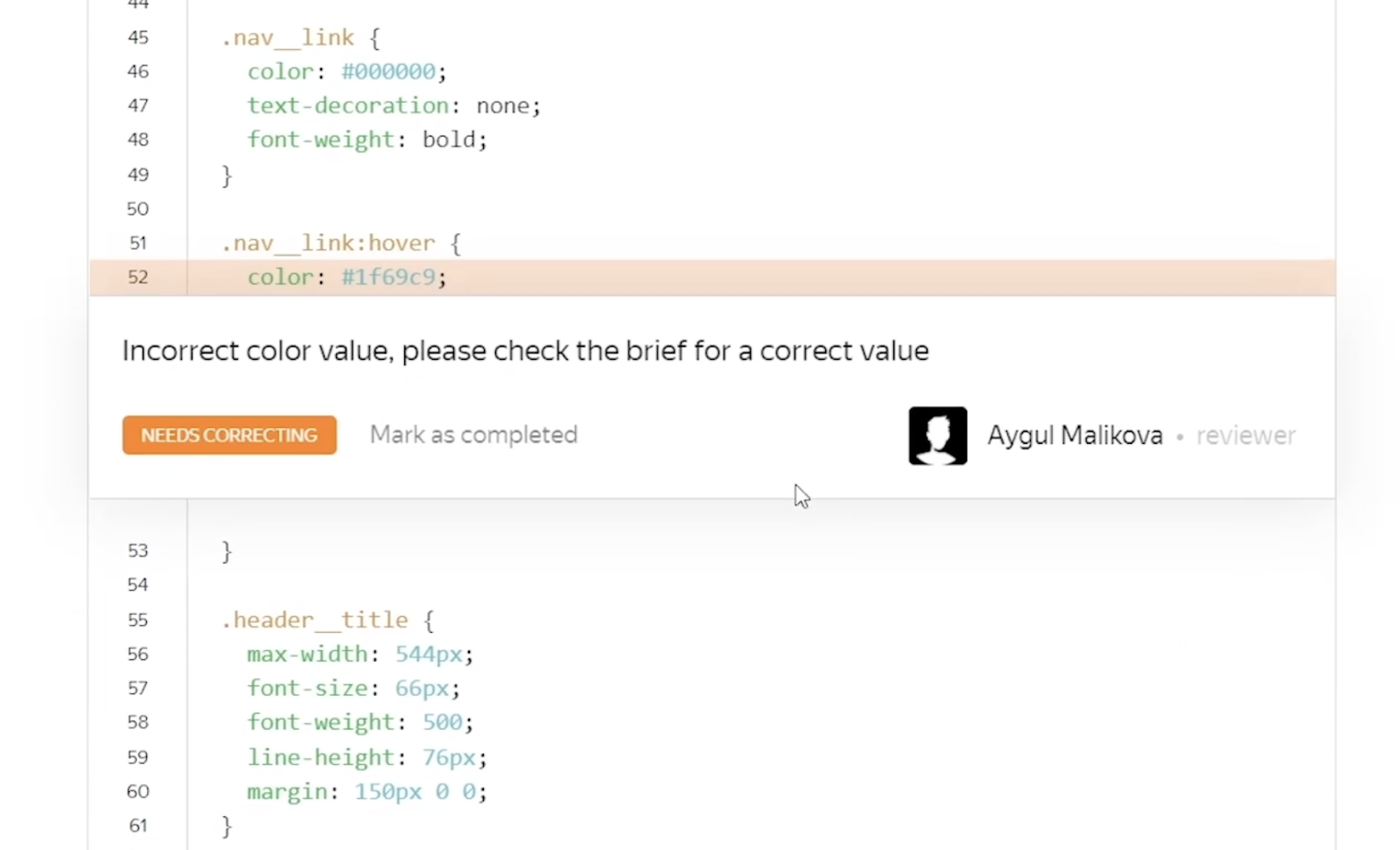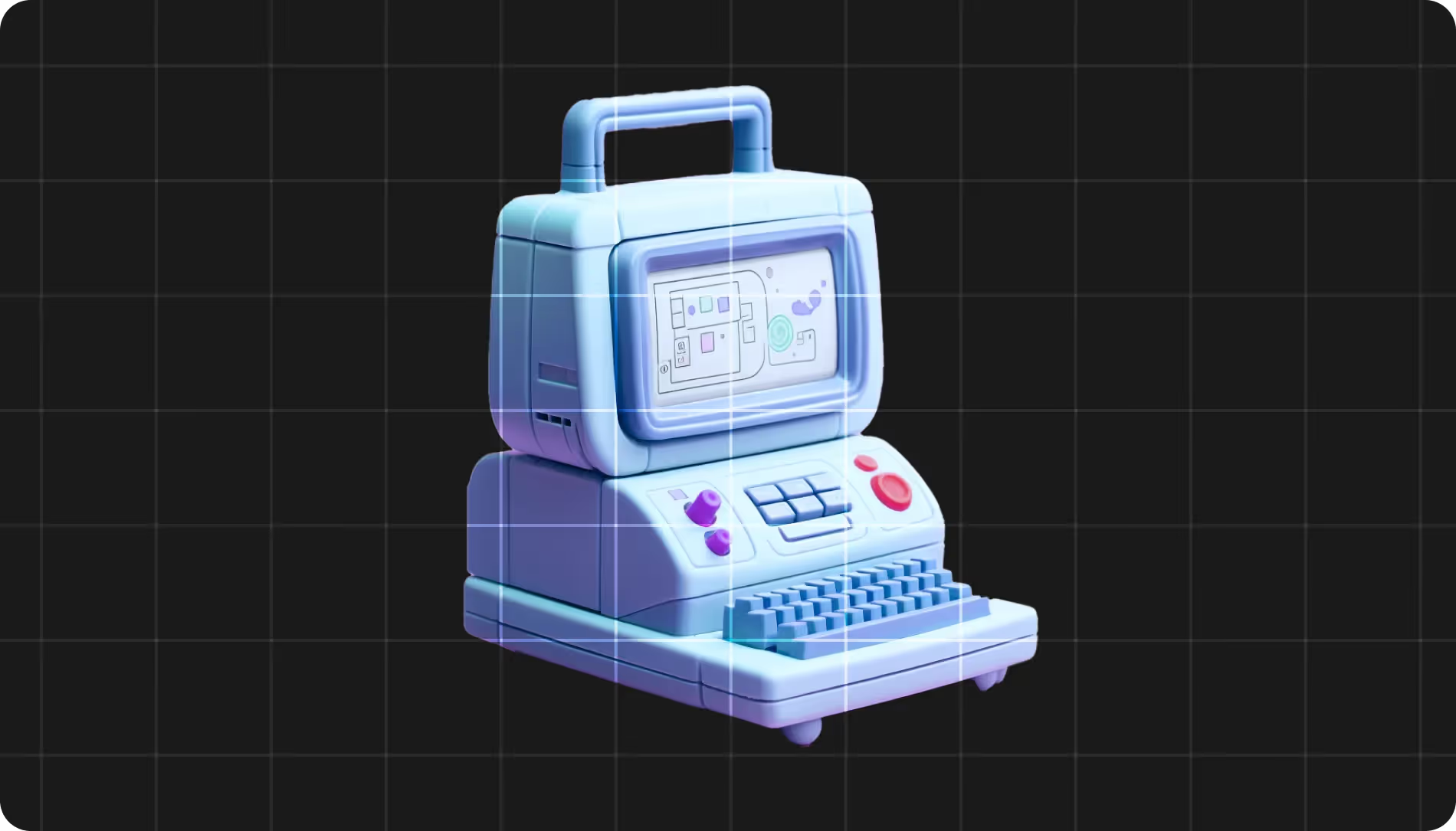The code review is an essential process for developers. Even experienced software engineers send in their code for review before merging it into their project’s repository and going live. Why is it necessary, who performs code reviews, and how are they structured at TripleTen when students are just learning how to code? Let’s answer these three questions below.
Why should someone review my code?
Websites and web applications are usually complex services built in layers. They’re like big trees with lots of branches. The trunk is the codebase, the actual architecture of the project that end users see. Developers work in separate branches, allowing them to simultaneously execute tasks. After the work is done, someone must ensure that it is ready to merge into the trunk and become the codebase.
This is done not only to check for errors (ideally, there won’t be any), but also to confirm that the “branch” code aligns with the main style and doesn’t create conflicts or break other parts of the application.
For this reason, code reviews will be a common part of your career as a developer. And it’s also why TripleTen code reviews start as early as the first project submission.
You might think that a code review is like getting graded at school. But the aim of a code review is not just about making sure there are no mistakes in your code. With a code review from a TripleTen bootcamp, you’re getting a taste of what it’s like to be in a real-life software engineering environment. Treat the study process like you’re working in an actual company.
Thanks to TripleTen’s constant code reviews, you will:
- Learn how to get feedback, choose best practices for writing code, and discover how to find the simplest solution for a particular function.
- Get encouraged and mentored. After all, it’s more satisfying than receiving zero feedback.
Who performs a code review?
In tech companies, peer developers or technical leads are the ones who typically perform code reviews. If there is no CTO or team leader in the development team, other engineers are appointed to review their colleagues’ code. As a rule, specialists will only perform code reviews within their area of expertise. That is, data scientists look at the work of other data scientists, while front-end engineers will never do a code review for back-end developers.
With tools like Git, which is, in fact, arranged like a project tree with branches, the reviewer can check all changes to the existing code, run tests, and even comment and suggest fixes right in the platform.
How are code reviews structured at TripleTen?
Similar to a real-life work environment, TripleTen has professional code reviewers who look at every student’s project.
The code reviewer goes through the code, line by line, making sure that it is acceptable and of high quality. Then, they return an overview, highlighting their overall impression of the code, and the strengths and weaknesses of the work done. Every comment links to a line, so it’s easier to address and polish the issues to perfection. Code reviewers aim to respond within 24 hours.

Once you’ve resubmitted your work and it has been accepted, the next chapter of the course is unlocked. The project then becomes part of your portfolio, which you will be able to share with employers in the future. That’s why it makes sense for TripleTen code reviewers to teach you best practices and help you make a good impression during your upcoming job search.

For many TripleTen students and graduates, having continuous code reviews has been a valuable part of their studies. It has boosted their confidence, which is especially important when entering an entirely new tech specialization. In fact, TripleTen’s code reviews have been a significant draw for many new learners, even if they started learning with free resources.
I got to a point where I needed feedback on what I was doing. The free resources were self-paced, but you don't get professional feedback. Leandra Shelton, TripleTen grad who switched from bartending to software engineering
What are the benefits of a code review?
There is no better way to approve code in the tech industry than through a review. This ensures that your code is errorless, refactored to the simplest and most reliable syntax, wholly aligned with the requirements, and passes the acceptance criteria. In other words, it’s readable, reliable, and doing exactly what it should do.
Code reviews at TripleTen are part of our dedicated support process, providing instant feedback to students, resolving their doubts and creating an environment that mimics the standard practices of real-life tech companies.
“There are some things that you just can’t do until you’re doing it full-time, but TripleTen has bridged that gap pretty well. It did a good job of saying ‘this is what you can expect in this environment,’” says TripleTen grad Tristan Boyd, a former music teacher and current software developer.
Start your exciting new tech career with professional guidance by enrolling in a TripleTen bootcamp today.











.avif)

